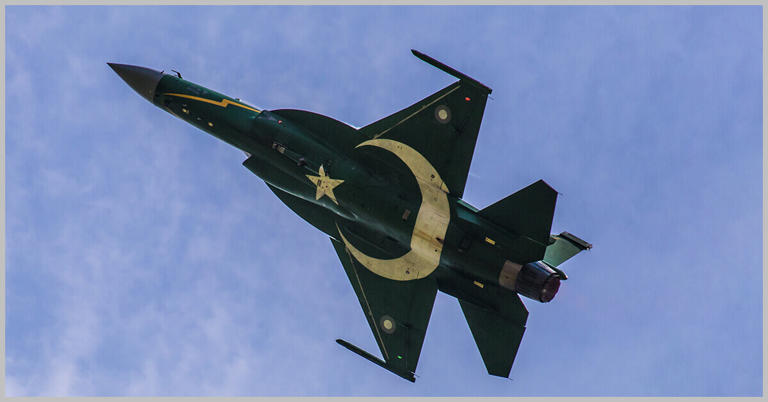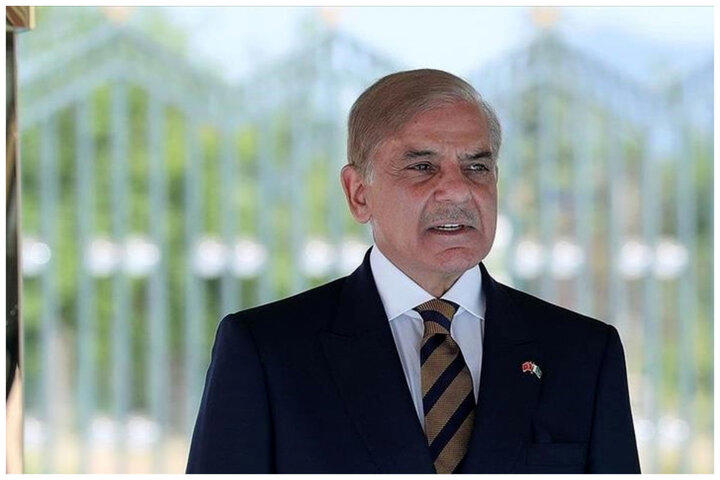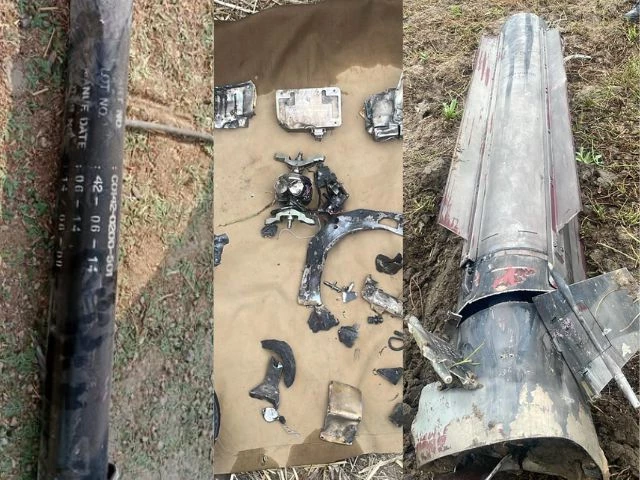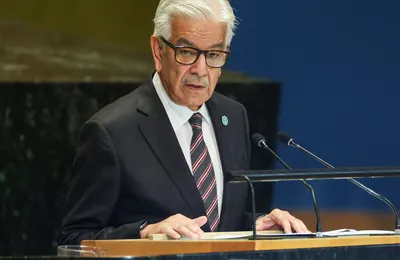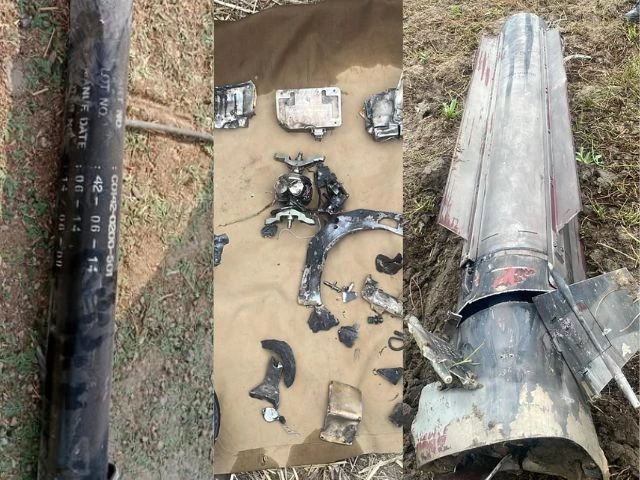Kashmir crisis sparks press crackdown in India
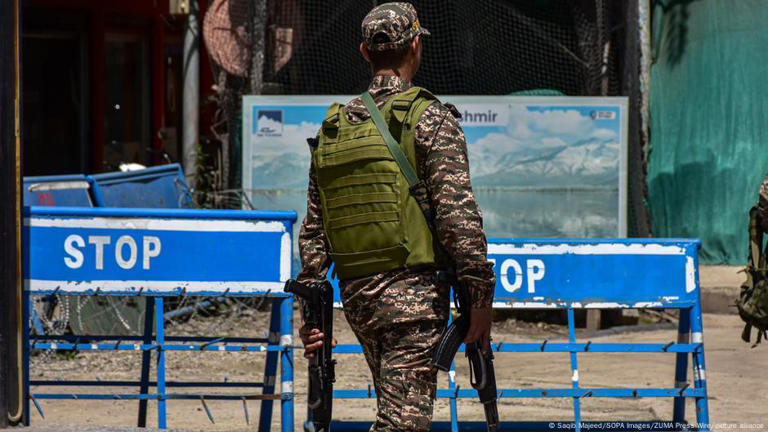
The recent escalation of tensions between India and Pakistan over the Kashmir conflict has been accompanied by a significant crackdown on press freedom in India, particularly in the Jammu and Kashmir region. Journalists like Irfan Mehraj and Asif Sultan have been arrested under stringent laws such as the UAPA and PSA, often without formal charges or trials. Additionally, organizations like the Jammu & Kashmir Ittihadul Muslimeen and the Awami Action Committee have been banned under the UAPA. The extensive use of the PSA for administrative detention without trial has raised concerns about suppressing dissent. This crackdown has drawn criticism from international human rights organizations, the United Nations, and domestic political leaders, highlighting serious concerns about democracy and human rights in the region.
